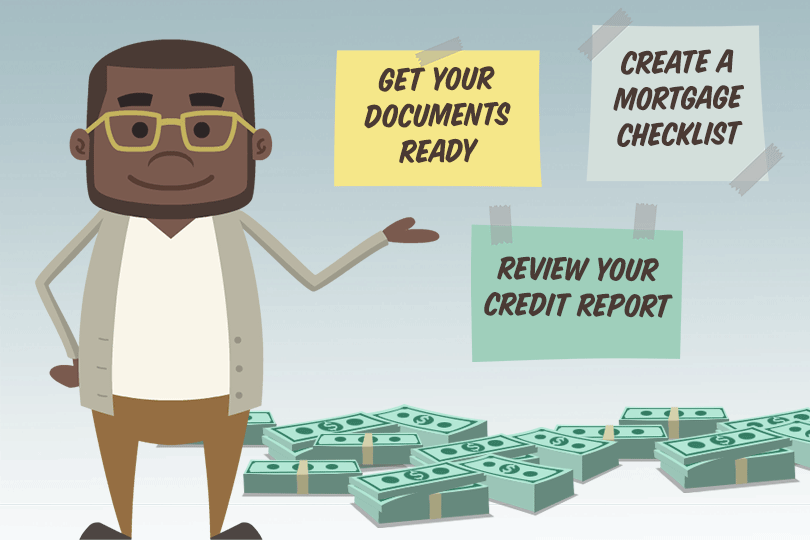FHA Loan Requirements for 2021 and Beyond
October 16, 2021
HOW TO QUALIFY FOR AN FHA LOAN
To qualify for an FHA home loan, borrowers need to meet a few requirements and follow some guidelines.
The FHA requires a low down payment of just 3.5% when buying a home, with a minimum credit score of 580. Compared to conventional loans, which typically require a score of at least 620, this is an easier requirement for many potential homebuyers to meet. The FHA makes it even more accessible to borrowers with lower scores between 500 and 579, who are required to pay a down payment of at least 10% on the home purchase.
Since the FHA has no income limits for borrowers to qualify, it judges a borrower’s ability to repay their loan with their debt-to-income ratio. According to HUD Handbook 4000.1, applicants must have a “maximum qualifying ratio” of 43%. This number is calculated by adding up the total mortgage payment (principal and interest, escrow deposits for taxes, hazard insurance, mortgage insurance premium, homeowners' dues, etc.) as well as all recurring monthly debt (car loans, personal loans, student loans, credit cards, etc.), then dividing by the gross monthly income.
The FHA sets annual limits for the amount it will insure in home loans. The limits are based on county and property type, and the conventional loan limits set by Fannie Mae and Freddie Mac. The FHA loan limits are a deciding factor for many borrowers in whether they or not they apply for an FHA mortgage.
OTHER FACTORS TO CONSIDER
Even though there are no income requirements to meet, the FHA does verify income and employment documentation to make sure that applicants have a steady stream of income. It also excludes applicants who have foreclosed on a home in the previous three years.
In an effort to include more Americans in the housing market, FHA loans are available to finance various kinds of housing. The FHA offers Condo Loans, One-Time Construction Loans for new construction, and also Rehab Loans for fixer-uppers. They can be used to purchase single-family homes, multi-family homes with up to four units, and even manufactured homes on permanent foundations. The main rule to know is that any home purchased with an FHA loan must serve as the borrower’s primary residence. Investment properties are not eligible. There are exceptions for mixed-use properties, with at least 51% of the space dedicated to residence.
Overall, these guidelines make it possible to buy a house with FHA even if you don’t have a super high credit score or a ton of money saved up.
------------------------------
RELATED VIDEOS:
You're Almost There When You Get Your Loan Approval
Learn About the Mortgage Insurance Premium (MIP)
Pre-approval Starts the Mortgage Process

FHA Loan Articles
March 13, 2024There are plenty of reasons to delay plans to refinance a home. One reason has made big headlines. When borrowers face higher interest rates than originally approved for, that is a good reason to wait to refinance.
February 12, 2024When you are approved for an FHA One-Time Close Construction loan, you get a single loan that pays for both the costs to build the house, and serves as the mortgage. One application, one approval process, and one closing date.
November 22, 2023In the last days of November 2023, mortgage loan rates flirted with the 8% range but have since backed away, showing small but continued improvement. What does this mean for house hunters considering their options to become homeowners soon?
November 4, 2023In May 2023, USA Today published some facts and figures about the state of the housing market in America. If you are weighing your options for an FHA mortgage and trying to decide if it’s cheaper to buy or rent, your zip code may have a lot to do with the answers you get.
October 14, 2023FHA loan limits serve as a crucial mechanism to balance financial sustainability, regional variations in housing costs, and the agency's mission to promote homeownership, particularly for those with limited financial resources.







